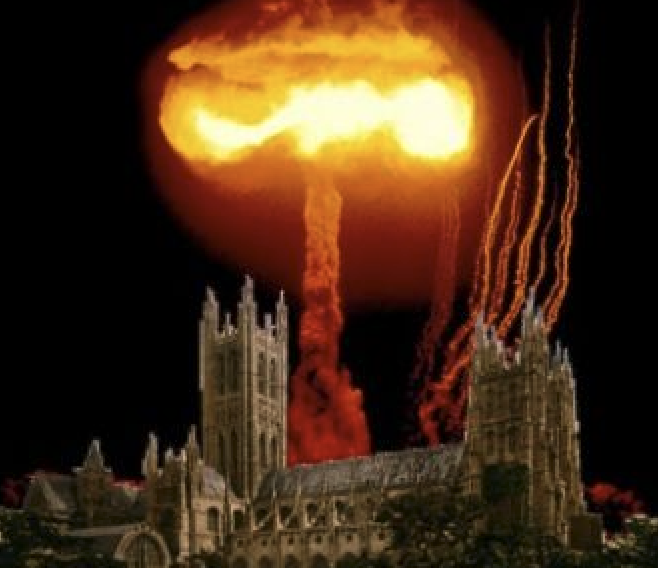It has been three decades since the Rt. Rev. C. FitzSimons Allison took his first step away from his life as one of the Episcopal Church's strongest evangelical voices.
That tentative move took place in a small-group discussion during an Episcopal House of Bishops meeting in Kanuga, N.C., during his final year serving as the 12th bishop of the historic Diocese of South Carolina. The topic that day was, "Why are we dysfunctional?"
Allison attacked Episcopal priests and seminary professors who were openly proclaiming their faith in an ancient, erotic, divine spirit "older and greater" than the God of the Bible. There was, Allison said, a clear, ancient word for that -- "apostasy."
Other bishops said they had no problem accepting clergy who were testing the boundaries of ancient Christian doctrines.
After that clash, Allison remained in his pew and declined to share the consecrated bread and wine during a Holy Eucharist with the entire House of Bishops. He didn't publicly discuss this act of broken Communion for several years, but his silent protest was a poignant symbol of early cracks forming in the global Anglican Communion.
Now the 95-year-old bishop has officially resigned his status as an Episcopal bishop, making his departure official. Two weeks ago, he wrote U.S. Presiding Bishop Michael Curry to clarify that he had been received into the Anglican Church in North America -- a body recognized as valid by many Anglican bishops in Africa, Asia and the Global South, but not by the Archbishop of Canterbury or leaders in the U.S. Episcopal Church.
"Some people said that I didn't need to do this, because everyone knows where I stand," said Allison, reached by telephone. "But I felt, the way things have been going, that I still needed to make things official. That's just the way I am."
Allison was ordained as a priest in 1953 and then received a doctorate from Oxford University.










